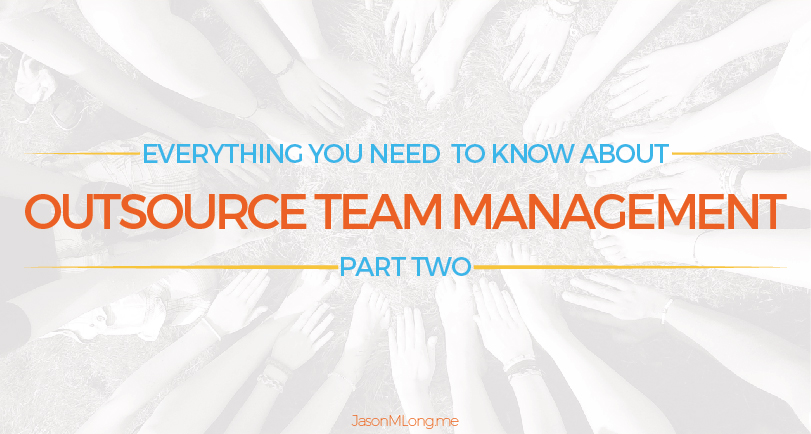

Tags
app
application
apps
basics
building a business
business
business building
business development
business owner
client management
clients
communication
creative
customers
designer
development
entrepreneur
experience
failure
freelancer
industry
information architect
information architecture
insurance
maintenance
management
marketing
money
outsource
outsourcing
project
project management
project managing
projects
running a business
SaaS
sales
SCOPE
starting a business
starting a SaaS
System
target market
time
Web design
web development
- March 2025
- January 2025
- December 2024
- July 2024
- June 2024
- April 2023
- March 2023
- July 2019
- December 2016
- November 2016
- October 2016
- September 2016
- May 2016
- April 2016
- March 2016
- February 2016
- January 2016
- December 2015
- November 2015
- October 2015
- September 2015
- August 2015
- July 2015
- June 2015
- May 2015
- April 2015
- February 2015
- January 2015
- December 2014
- November 2014
- October 2014
- September 2014
- August 2014
- July 2014
- June 2014
- May 2014
- April 2014
